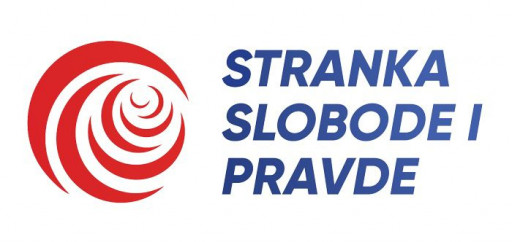In Montenegro, the Law on the Financing of Political Entities and Election Campaigns provides funds for financing the regular work of women's organizations in political entities, which are represented in the Assembly. These budget funds amount to 0.05% of the planned total budget funds, less capital budget funds and state funds budget (current budget), for the year for which the budget is adopted.
The provision of the law that financially supports the regular work of women's organizations in political subjects was introduced with the aim of improving gender equality and political empowerment of women in Montenegro.
Together with the provision that foresees that a certain percentage of funds intended for the regular functioning of parties be distributed in proportion to the number of elected representatives of the underrepresented sex, this provision is a novelty in the law on financing political subjects and is in accordance with electoral quotas for the underrepresented sex [3] the goal of ensuring better parliamentary representation of women.
According to the law, these funds are intended exclusively for financing women's organizations in political entities, so they can only be spent in accordance with the statute of that women's organization. Also, in order to ensure that women's organizations receive the intended funds, that money is paid to political subjects separately from the funds for financing regular work, directly to the sub-accounts of women's organizations.
As for the mechanism that ensures that these funds are spent, the dedicated law foresees the obligation for political entities to submit to the Ministry of Finance and the Agency for the Prevention of Corruption, as part of the annual consolidated financial report for the previous year, a special report on the manner and purpose of the funds spent to finance women's organizations.
However, what is recognized as a shortcoming, although the Law stipulates that, many parties either does not have a special statute of its women's organization, or the statute is not publicly available. That is why one of the recommendations would be that the obligation that all political parties must make the statutes of women's organizations publicly available, and that those who do not do so within the stipulated period, should have the funds they receive on the aforementioned basis terminated. Also, if political parties do not report in the manner provided by law on spending money for the functioning of women's organizations, the Ministry of Finance should suspend payments to such entities.
It is also significant that the Ministry of Finance should regularly report on its website about payments from the budget for financing women's organizations in political entities, which is a legal obligation, and that it should publish information on expenditures on this basis by the fifth of the month for the previous month, as the public would be aware of the purpose of spending these funds.
I believe that this way of financing and supporting the work of women's organizations within political parties is an excellent way to empower women and encourage their party participation. Women's organizations show increasing interest in organizing activities that contribute to gender equality in our country, and I think that this model is what other countries in the region should take over.
On the other hand, it is necessary to correct the mentioned shortcomings in Montenegro in order to ensure the full implementation of the law, but also to improve the transparency of the work of political parties, women's organizations and the spending of budget funds.


.jpg)




